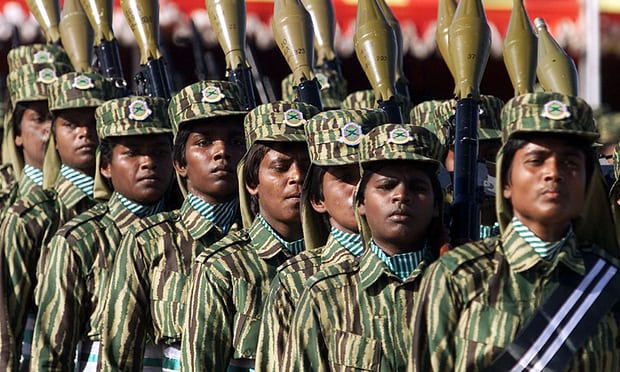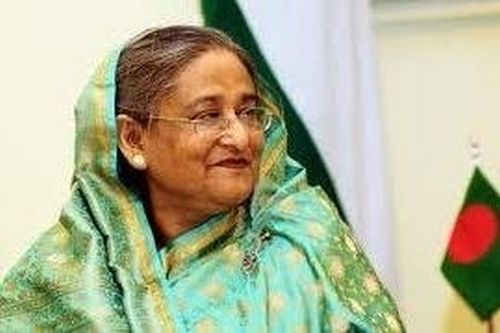London, May 27: Around 195 files including documents relating to relations between India and Sri Lanka at the peak of the Liberation Tigers of Tamil Eelam (LTTE) led civil war have been destroyed by the UK Foreign and Commonwealth Office (FCO), sparking concern among archivists and researchers.
While the FCO said any destruction decision would have been taken based on the country’s records policy, experts believe the loss of the files means there is no record of an important period of history.
Britain’s MI5 and the Secret Air Service (SAS) had reportedly advised Sri Lanka’s security forces during the LTTE crisis between 1978 and 1980.
“Two of the documents they destroyed were called ‘Sri Lanka/India relations’ from 1979 and 1980,” said journalist and researcher Phil Miller, who discovered the files were missing as part of a freedom of information request.
The documents are expected to have had references to India’s relations with the island nation, including the work of the Indian Peace-keeping Force (IPKF) during the period.
“Removing or destroying historical records from public custody at the National Archives hurts all of us and is an illegal act,” said Vairamuttu Varadakumar, founder of the Tamil Information Centre, registered as an independent community-based non-profit organisation in 1981 with a mission to empower Tamil-speaking people to improve their quality of life through access to knowledge and other projects.
“It appears that the Foreign Office’s action is designed to cover up the involvement of the SAS and MI5 in the training of Sri Lankan security forces that might be potentially embarrassing to Her Majesty’s government,” he said.
“We find recently that there has been an increasing interest in the history, politics and human rights of the Tamil speaking people of Sri Lanka among researchers, particularly among the younger generation. National archives, libraries and documentation centres are places of memories,” he added.
Varadakumar also claims that Indian authorities had seized documents that belonged to the Tamil Information Centre back in 1987.
“The Tamil Information Centre had two branches, one in Madras and one in Madurai from 1984 until 1987. The Indian authorities asked us to close them down saying that a peace accord has been signed between the government of Sri Lanka and India and they would help us transport the materials to Trincomalee and set up an archive there, which did not happen,” claimed Varadakumar, a Tamil from northern Sri Lanka based in London.
The centre fears that the destruction of FCO files adds to the loss of information, which dates back to the burning of the Jaffna Library by the Sri Lankan army in 1981, which housed palm-leaf manuscripts and ancient documents, and the destruction of the Jaffna Museum in 1989.
The FCO kept a list of file titles, showing that the destroyed papers would have covered a range of important subjects, from security cooperation and arms sales, to foreign aid and requests for political asylum in the UK.
An FCO spokesperson said: “The FCO, as with all government departments, reviews all its files in line with the requirements of the Public Records Act before making a decision on permanent preservation.
“The FCO’s recommendations for the preservation or destruction of records take place under the guidance and supervision of the National Archives. FCO decisions are informed by the National Archive’s records collection policy and existing FCO policy.”





